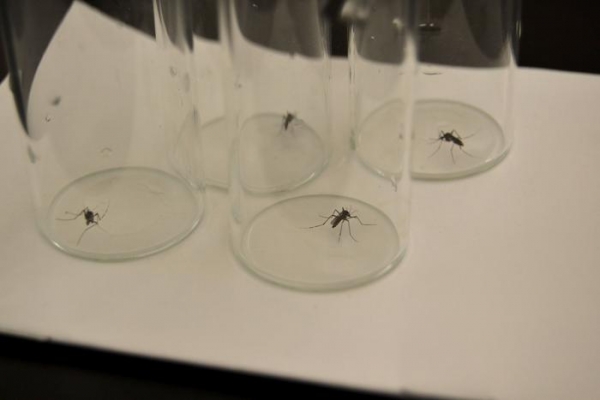Certain populations of mosquitoes are more heat tolerant and better equipped to survive heat waves than others, according to new research from Washington University in St. Louis.
This is bad news in a world where vector-borne diseases are an increasingly global health concern. Most models that scientists use to estimate vector-borne disease risk currently assume that mosquito heat tolerances do not vary. As a result, these models may underestimate mosquitoes’ ability to spread diseases in a warming world.
Researchers led by Katie M. Westby, a senior scientist at Tyson Research Center, Washington University’s environmental field station, conducted a new study that measured the critical thermal maximum (CTmax), an organism’s upper thermal tolerance limit, of eight populations of the globally invasive tiger mosquito, Aedes albopictus. The tiger mosquito is a known vector for many viruses including West Nile, chikungunya and dengue.
Read more at: Washington University in St. Louis
Vials containing the globally invasive tiger mosquito Aedes albopictus. (Photo Credit: Lawton Blanchard)


